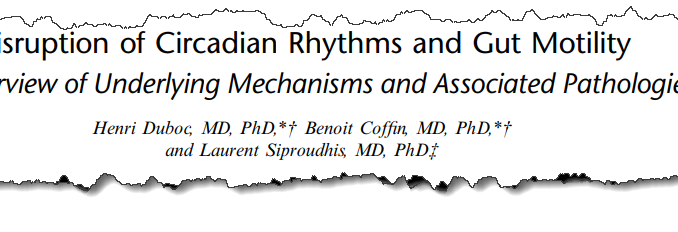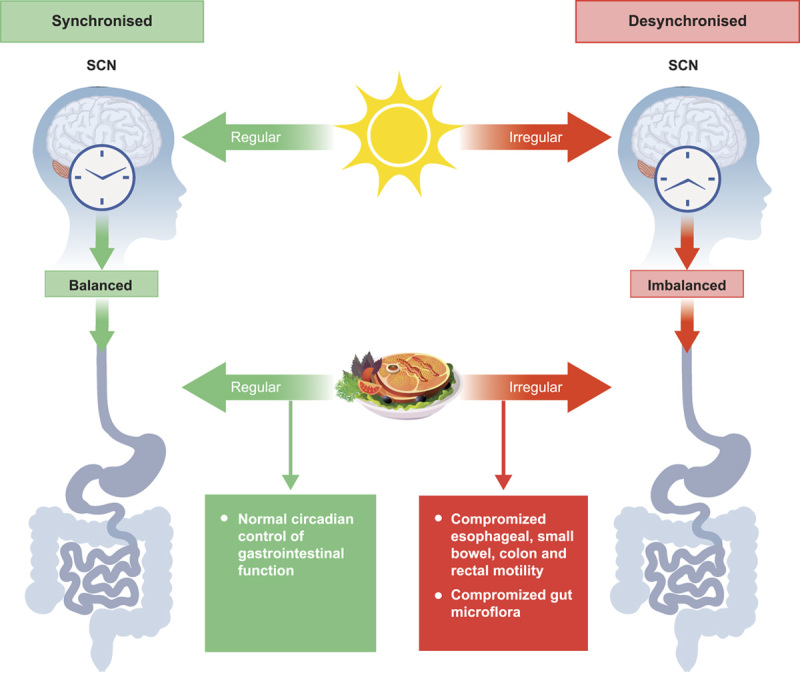
This is strange, but I’ll show you why it makes sense
Unsubscribe | Report as spam | Change email preferences
Weird sign you may be a night owl
Hey, Matt Cook here, and constipation may not sound like a very serious problem – but I assure you it is.
When I give people advice to solve their severe constipation (high doses of magnesium, for example), they get a bit nervous.
But I always tell them that long-term constipation is far more problematic than a couple of mineral tablets.
You need to solve constipation no matter what.
When you are constipated, you cannot detoxify the waste well, and your stool gets reabsorbed.
Can you imagine? In your gut, your feces gets digested.
Not good.
I don’t think a constipated person can feel good.
So here are my top tips for relieving constipation:
- Cascara Sagrada
- Magnesium
- Lots of walking
- Rebounding (trampolines)
These should fix you up really quickly.
But…
Sometimes I meet people for whom these things don’t work.
That’s when I think there might be a deeper problem…
There is 1 common thing I usually find about them.
They are night owls.
A.K.A. disrupted circadian rhythms.
Let me explain…
This study was conducted at the University of Paris. It was published in the Journal of Clinical Gastroenterology.
Circadian rhythm is like a natural clock that our body has.
It’s controlled by a part of our brain called the suprachiasmatic nucleus (SCN).
It helps our bodies know when to sleep and when to wake up.
It also controls other things, like when we feel hungry or need to go to the bathroom.
In this study, the researchers found a strong connection between disrupted circadian rhythm and slow gut motility.
They say that people whose internal clocks are not working properly have difficulty emptying waste from their intestines – leading to constipation.
Also, a normally functioning biological clock orders the body to defecate when you wake up in the morning, but in people with a malfunctioning clock, these orders are not transmitted properly.
“Colonic motility also follows a circadian rhythm with reduced nocturnal activity. Healthy humans have normal bowel motility during the day, frequently following awakening or following a meal, with minimal activity during the night.”
They also say it can cause IBS.
“Studies have indicated that patients with disrupted circadian rhythms present with gastrointestinal symptoms/disorders, most notably constipation, and IBS.”
There is also something else in the study which I found very interesting.
People who are exposed to bright light in the morning (i.e., the sun) digest their evening meals BETTER than people who stay indoors and stay in dim light.
“When subjects are exposed to dim-light versus bright light conditions during the day, less carbohydrate from the evening meal is absorbed in the cecum, although the circadian phases in each group appear to be consistent”
So getting sun in the morning – very important for regulating circadian rhythm – also affects your digestive capability.
If you’re experiencing digestive problems, you should check how well your internal clock is working.
If you are constantly staying up all night, blasting yourself with artificial lights, this might not be doing your gut any good.
I have some super-easy advice for you:
Brighter days, darker nights.
Get lots of sunlight in the morning, and reduce artificial light at night.
That’s the first thing to do to fix the circadian rhythm.



